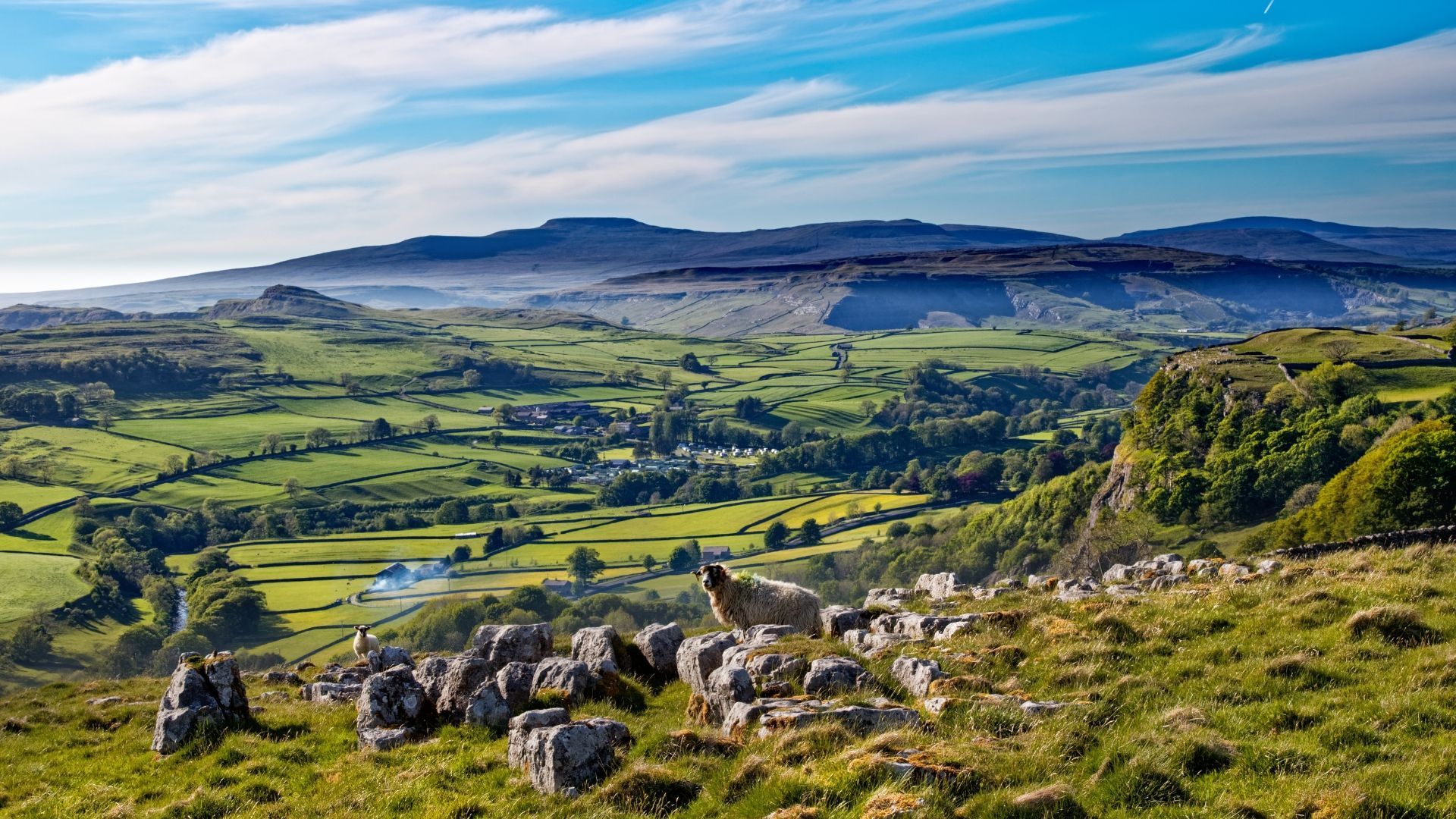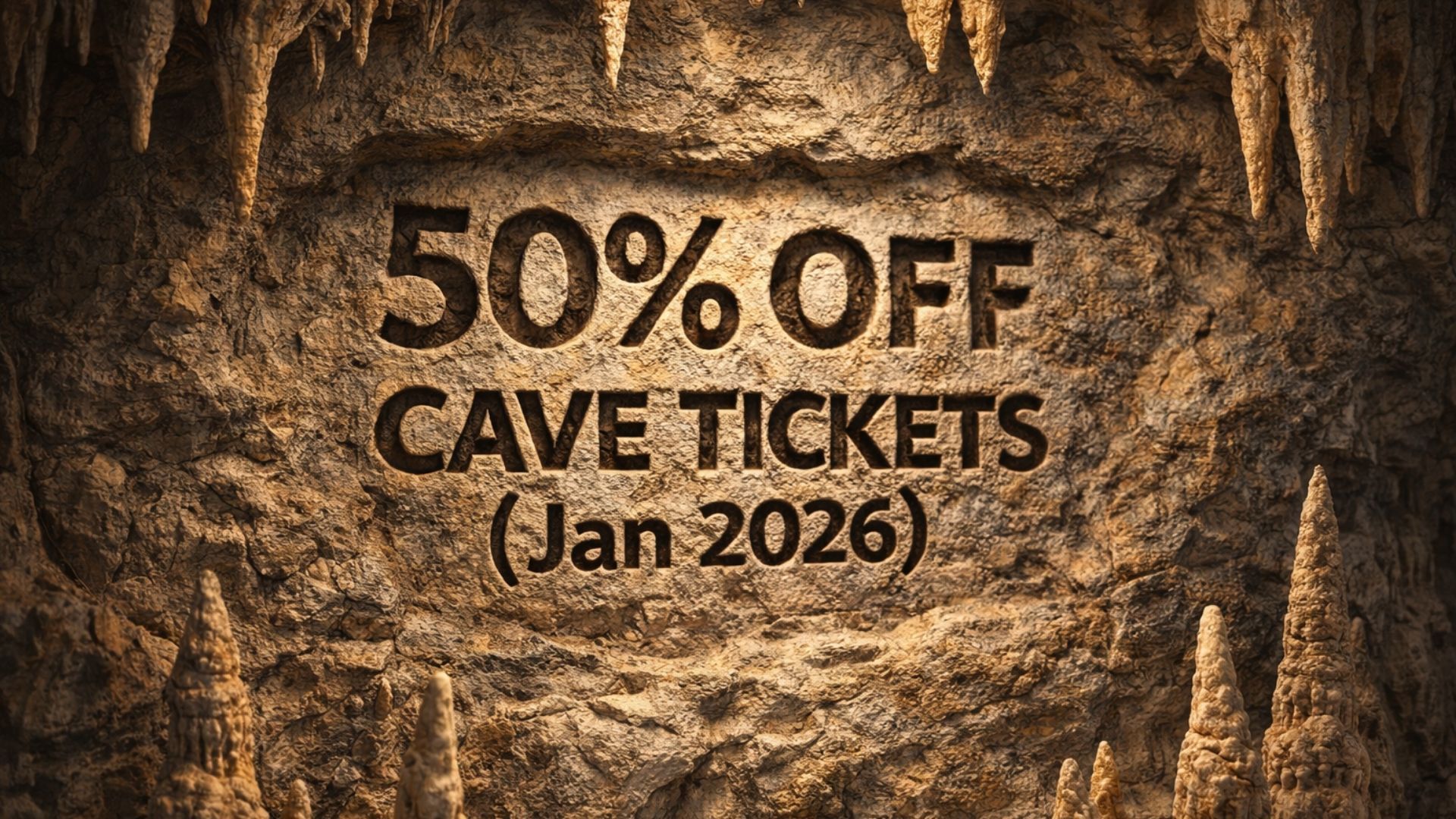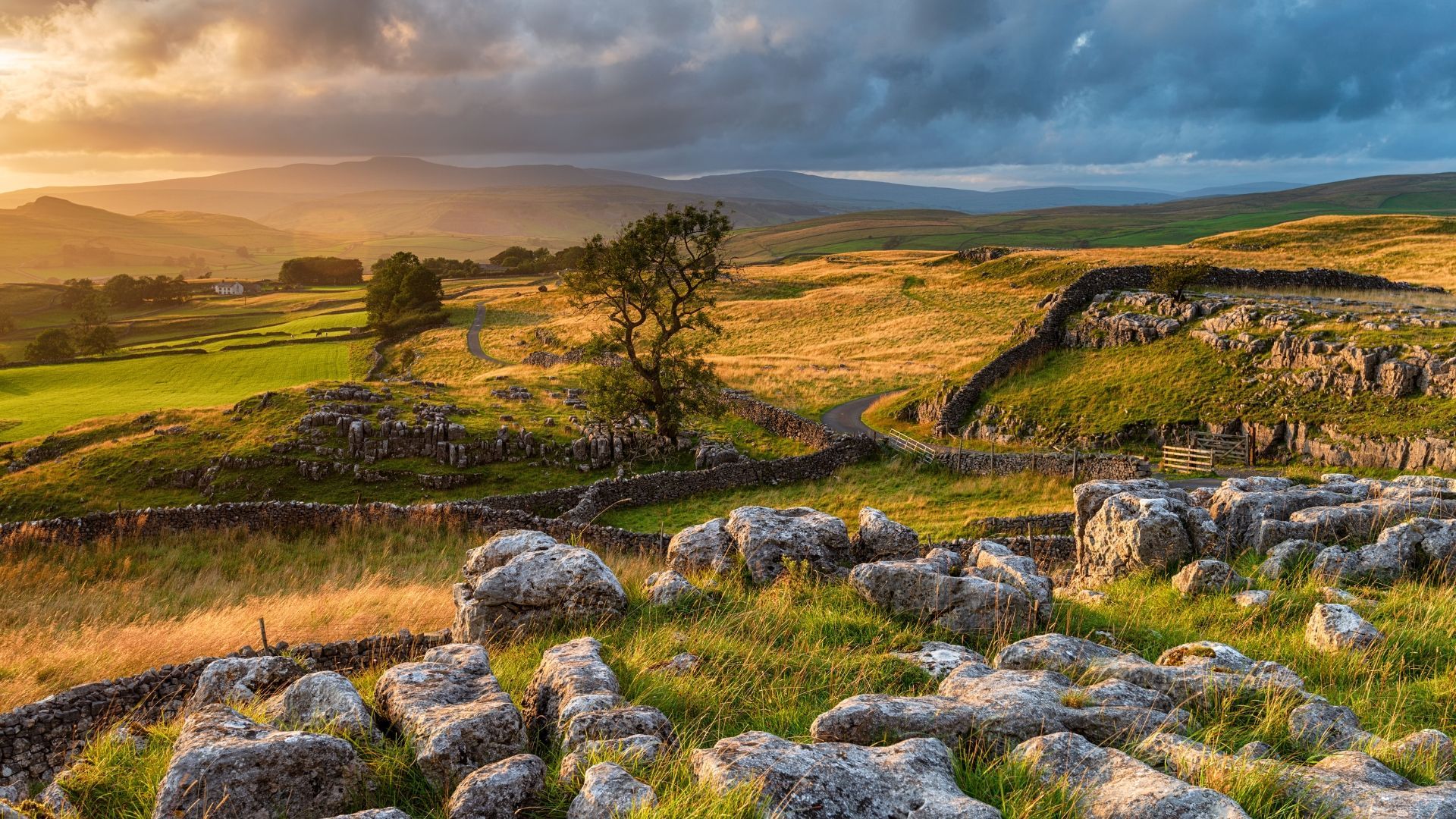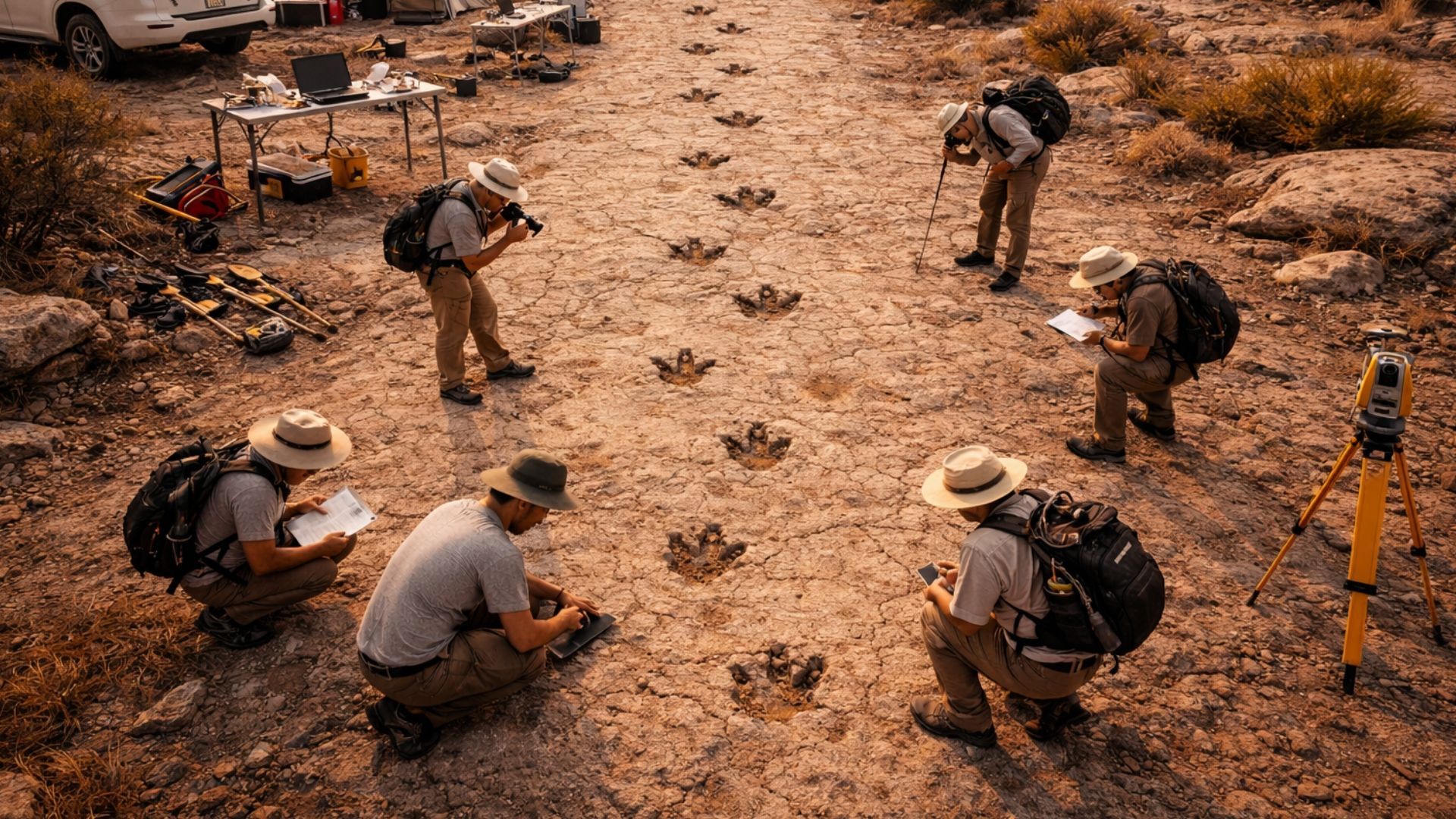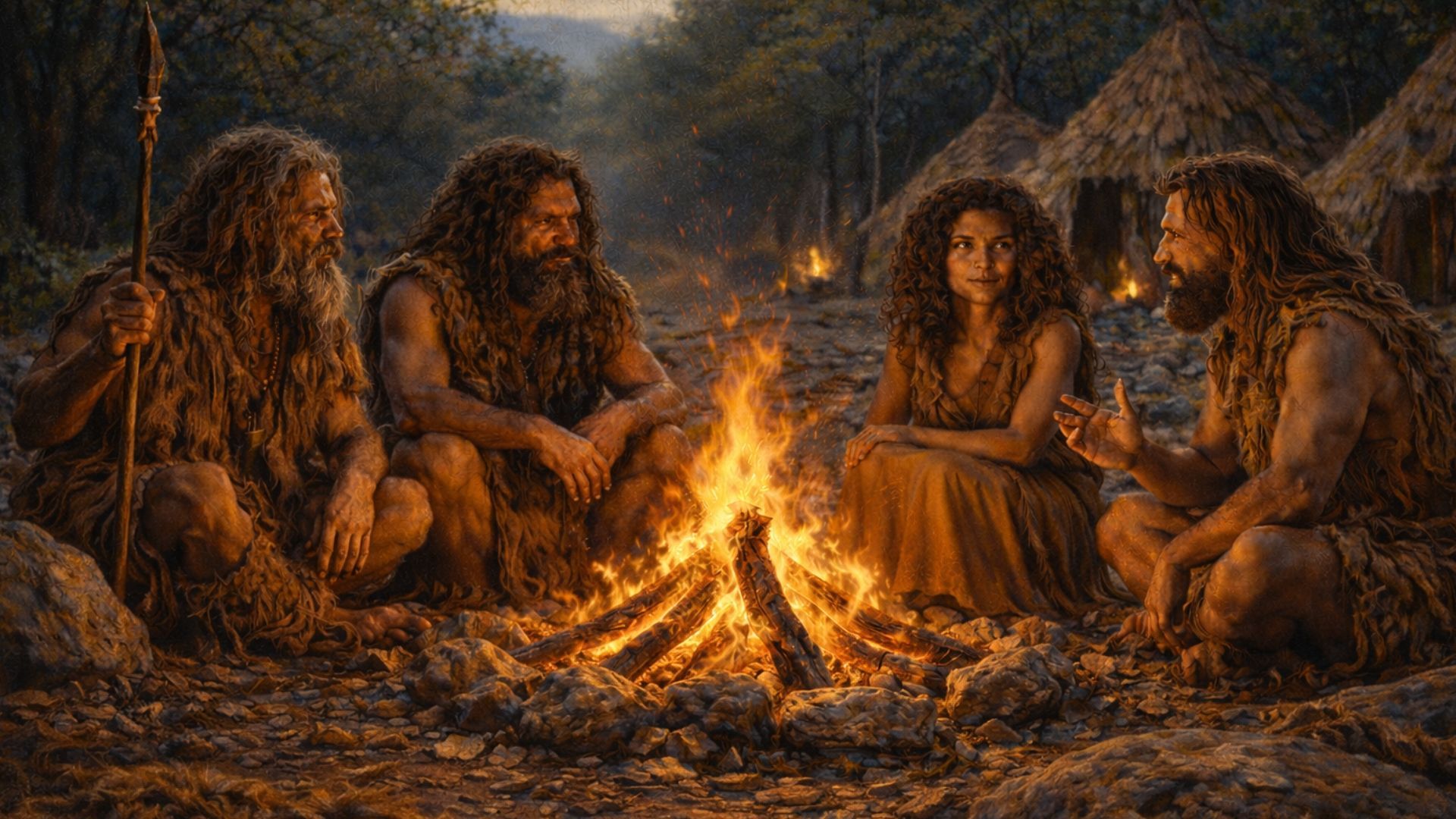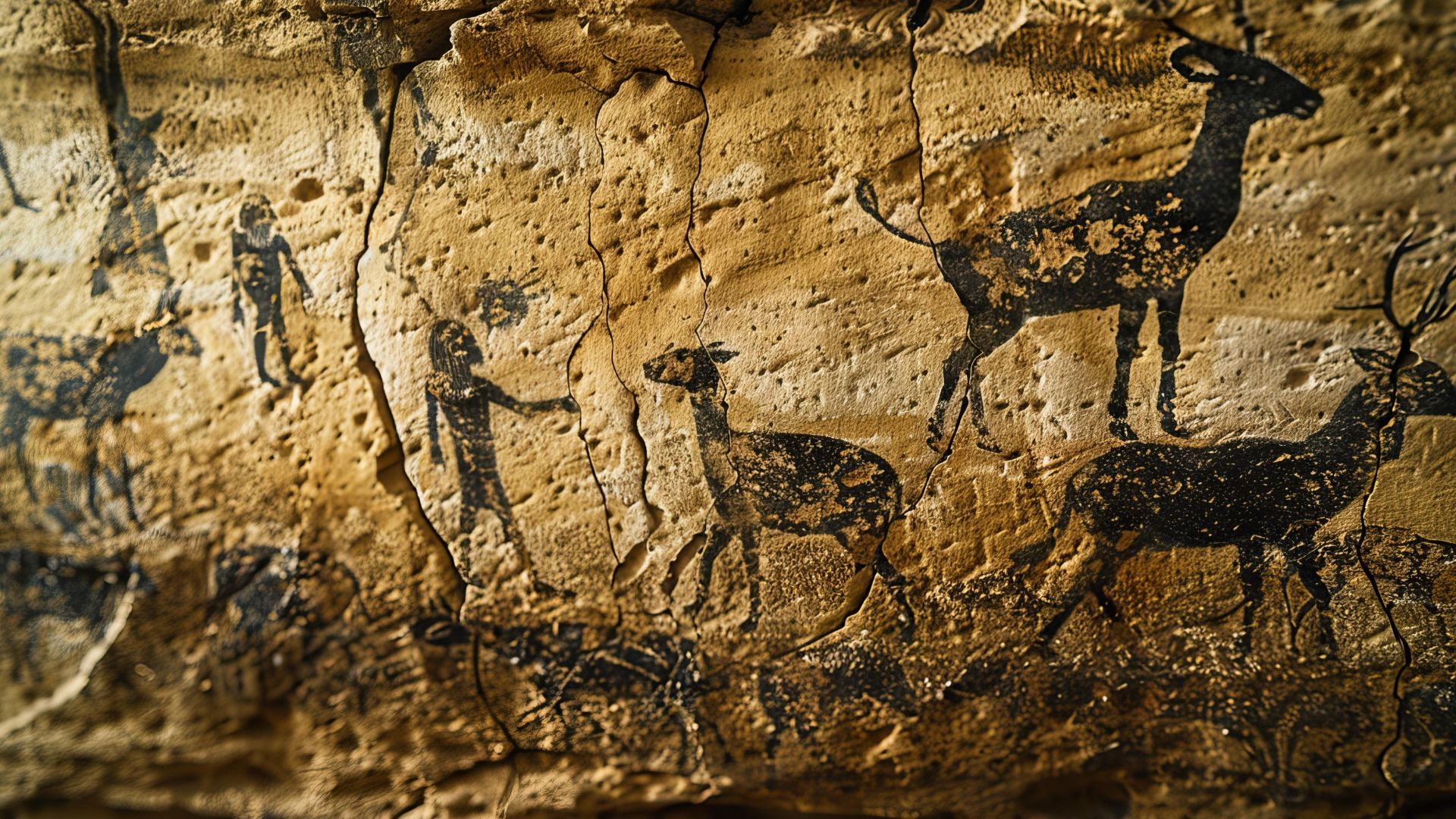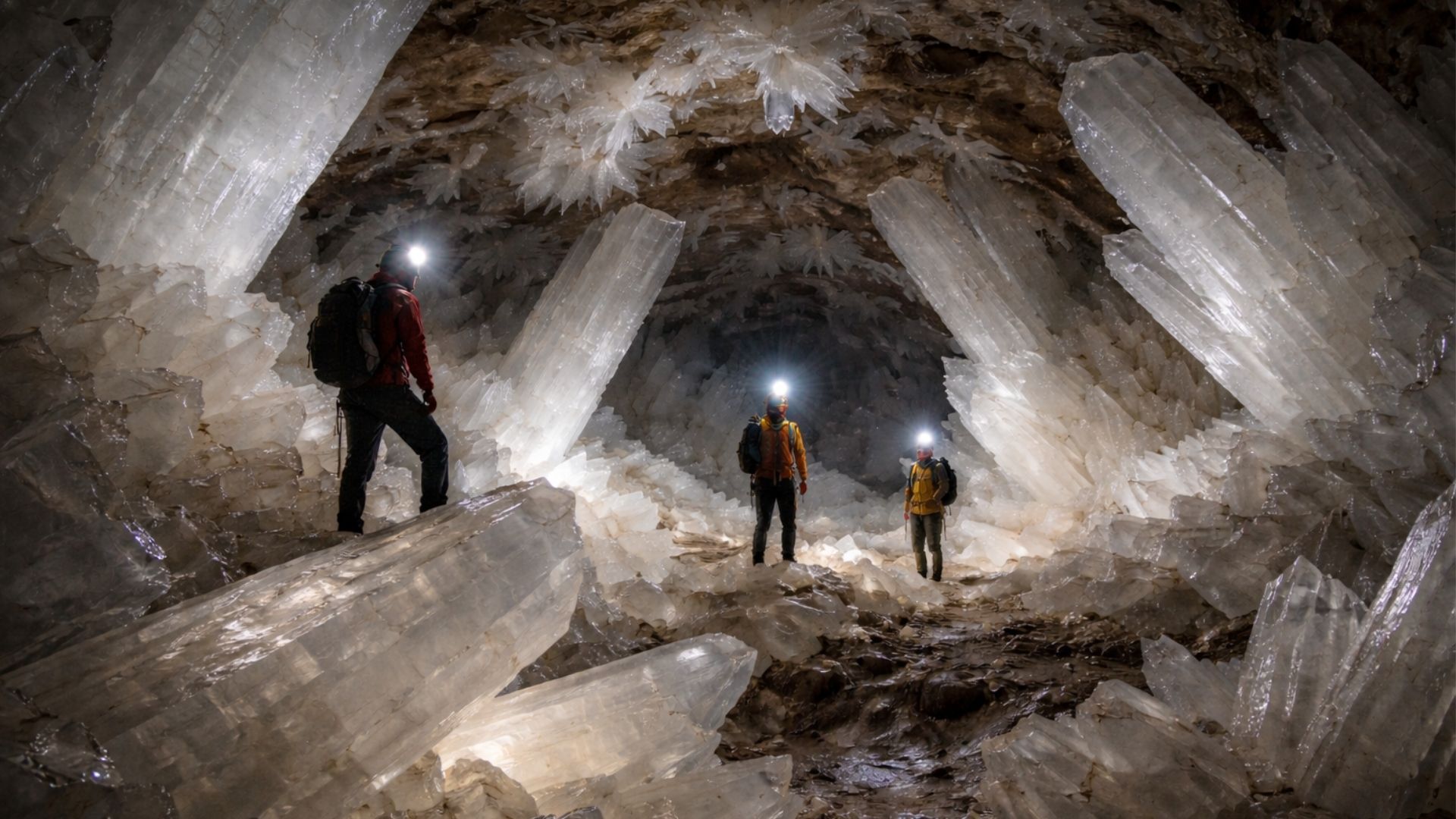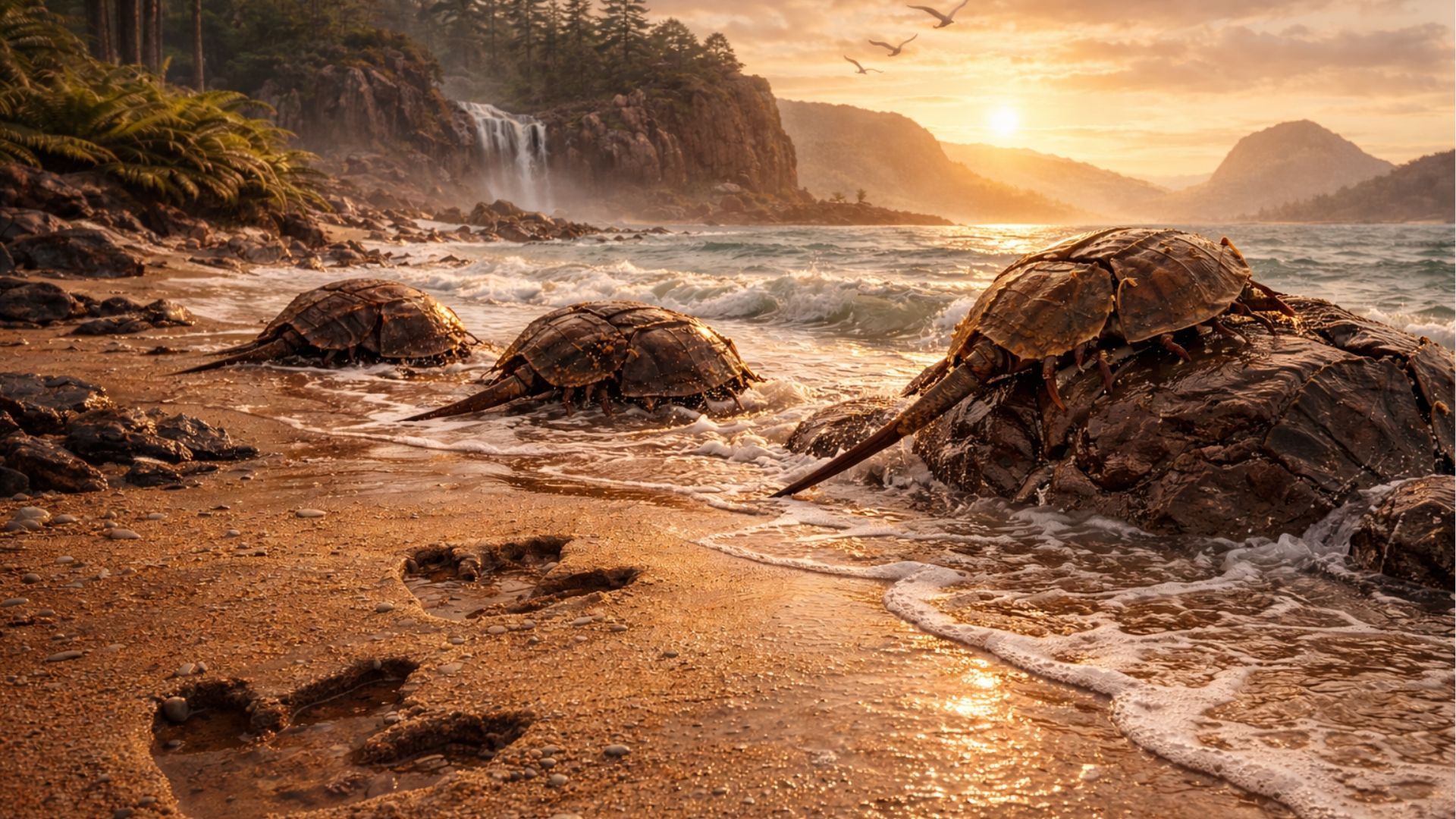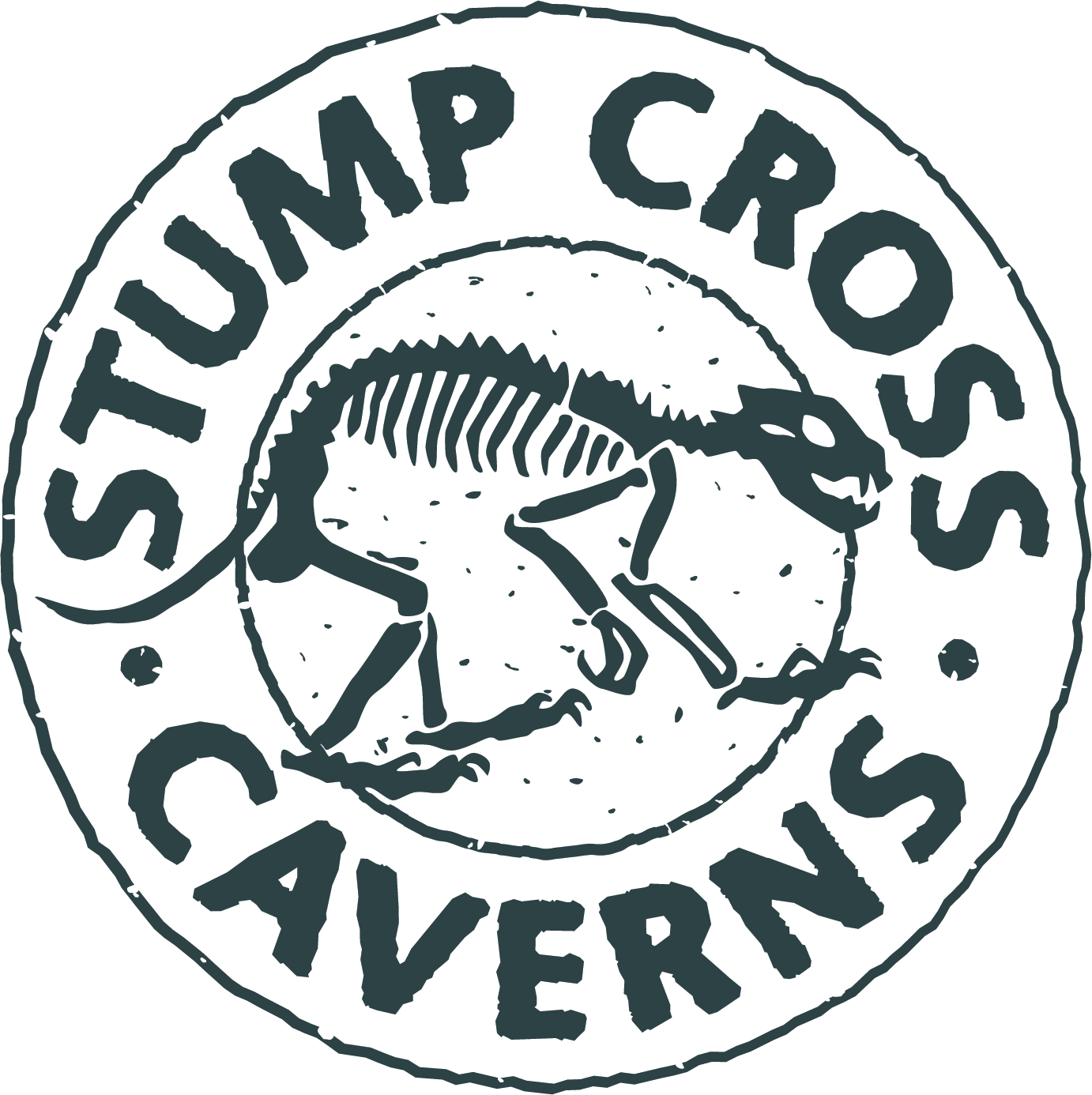What do speleologists or cave scientists do? And how do you become one? Find out in our guide.
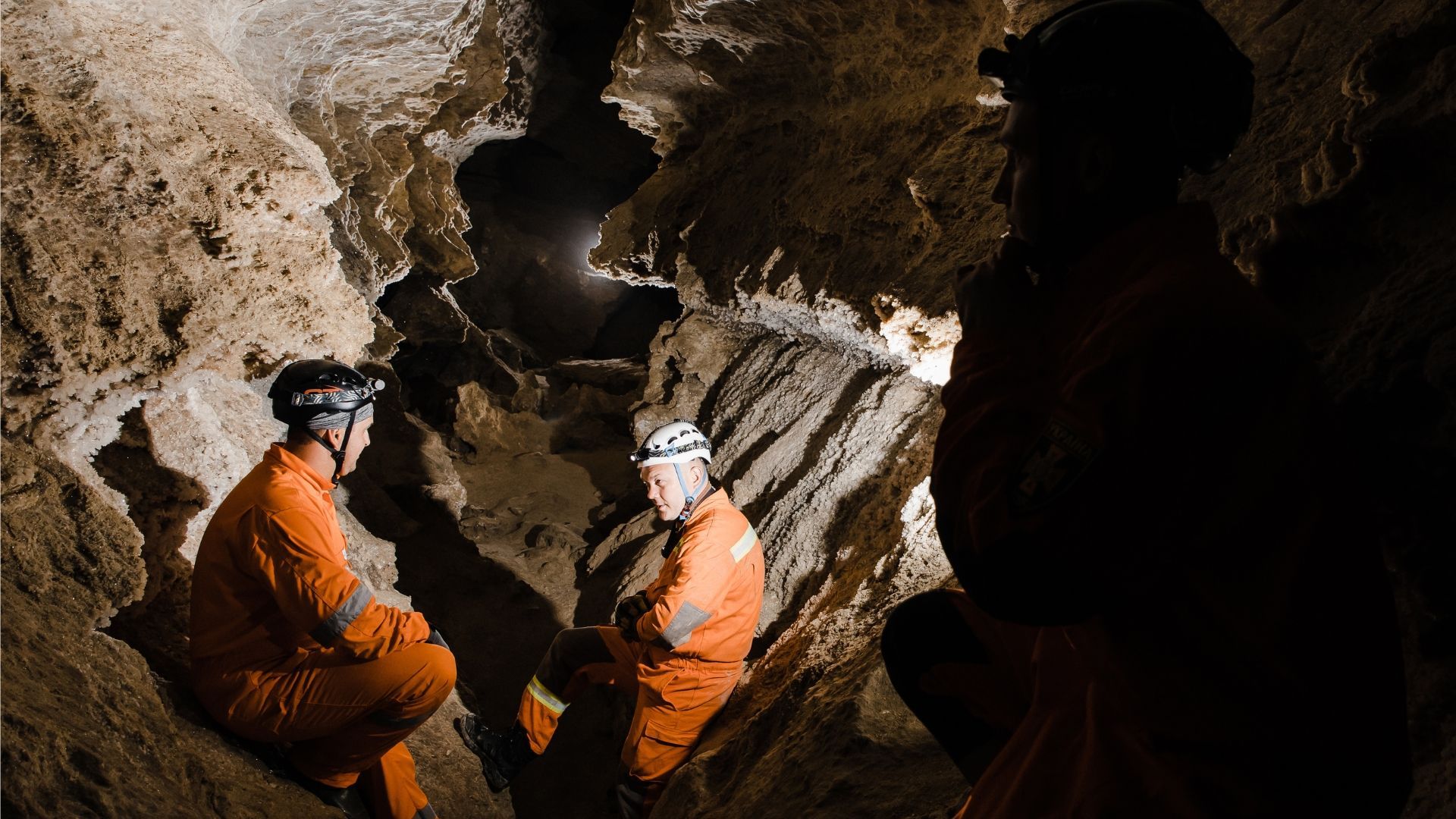
Speleologists are scientists who study caves. This may sound specific – but within the broad church of speleology, there's a whole host of specialities.
Speleologists study the formation of caves, looking at how they come into being (speleogenesis) and change over time (speleomorphology). Some specialise in cave hydrology (water systems).
They also study the rock formations within caves: those stalagmites, stalactites and columns that delight and fascinate (and take thousands of years to form!)
Others study the flora and fauna of caves. Caves have unique food chains, animals that have evolved to adapt to cave life and plants that can grow in extremely low levels of light.
Finally, some speleologists are cartographers. They survey caves and create maps – sometimes for scientific purposes, at other times to help tourists get around show caves.
It's a broad and fascinating range of studies. But how do you become a speleologist? Is there a cave school you can go to? A speleological boot camp where you can cut your teeth?
Well, not quite. For those who want a career in cave science, the answer is education. But if you're trying to get your kids excited about caves, there are plenty of other options available.
First, however, let's take a look at education. What courses should you take if you want to pursue a career in cave science?
What routes are available to start a career in cave science?
If you want a career in cave science, the most important thing is to have a broad scientific skillset. This could begin at secondary school with a focus on physics, chemistry, biology, maths and geography.
At university, both geology and geography would aid a career in speleology, as would modules in cartography, biological sciences, anthropology and even zoology.
An undergraduate science degree is often enough to get a job in cave science, but the more specialised you get, the more important it is to have a master's degree. This could be in environmental biology or chemistry, ecology, natural resources, cartography, geosciences… The list goes on.

If you want to teach cave science, you may need a PhD. This will depend on the job role, your previous experience and your current qualifications.
What jobs are there?
Once you've got your relevant science qualifications, there are several career paths you can take.
The first is to become a teacher or researcher at a university. This will typically follow on from postgraduate study and may run alongside or follow a PhD in an area of cave science.
Jobs are also available in the mineral and fossil fuel mining industries. The availability of these jobs varies from place to place, with some countries closing down their mines to reduce carbon emissions.
Some speleologists become involved with show caves. This could involve designing, maintaining or even running a cave for the public to visit.
Finally, some speleologists become cave surveyors, exploring and mapping caves. This can be done to aid ecological research or to provide visitors with better maps.
What makes a good speleologist?
The main qualities you need to be a good speleologist are pretty much the same as any other kind of scientist.
You need to have a scientific outlook and skillset. You need to be passionate about problems and have the patience to solve them. You need, in short, to be "zetetic" – to proceed by inquiry and investigation.
But there are a couple more traits a speleologist needs that other scientists don't. These relate to the nature of the fieldwork – in short, the time spent in narrow, cramped spaces underground.
Put simply, no speleologist can afford to be claustrophobic. Related to this is the question of calm and level-headedness in stressful situations. This could, of course, apply in a lab – but in the event of a cave accident, it's crucial.
Above all, you need to be passionate about caves. After all, you'll likely spend a lot of time in them.
How to get involved
Are you a teacher or parent with a cave-crazy kid? There are a few ways you can fuel their interest.
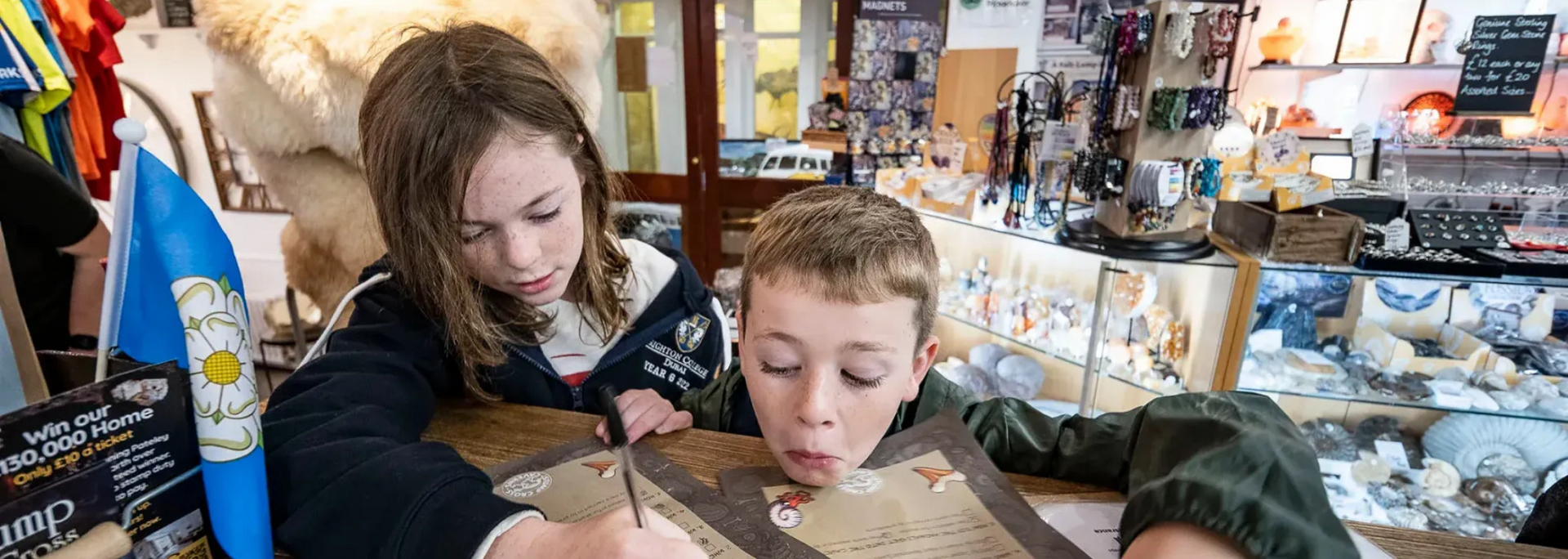
The first, of course, is to visit caves. The UK is full of them – from the show caves in the Hope Valley to Wookey Hole in Somerset, from the manmade caves of Nottingham to Stump Cross Caverns, right here in the Yorkshire Dales.
Show caves are built for visitors, meaning they're safe environments for kids to explore. Many also put on educational workshops that can ignite a speleological spark. Here at Stump Cross, for instance, we have
fossil digs, geode cracking and
more.
Every speleologist needs to be well-versed in cartography (the study of maps). If you think your child is a cave scientist in the making, why not send them on a map skills or orienteering course?
For adults interested in cave science, there are relevant undergraduate and postgraduate courses at many universities. But there are also plenty of caving organisations to join. These will provide information about courses, trips and other opportunities.
In the UK, the two main caving organisations are the
British Caving Association and the
British Cave Research Association. The British Caving Association covers both sports and science, whereas the British Cave Research Association focuses on speleological education.
If you're interested in cave science, you're probably already a keen caver. Many areas of the UK have local caving clubs. Here in Yorkshire, for instance, we have the
Craven Pothole Club. They helped uncover some of the caverns here at Stump Cross and are currently helping us
dig out a new area of the caves.
Finally, we couldn't give you a guide to becoming a speleologist without giving our own caves a plug.
Stump Cross Caverns is an underground wonderland filled with fascinating stalagmites, stalactites and other formations.
On top of this, we have a packed schedule of
fun activities in Yorkshire: from stargazing to fossil digs, from geode cracking to our
gem sluice.
So, if you're looking for an unforgettable day out in the Yorkshire Dales,
book today for Stump Cross Caverns. We look forward to meeting you in the caves!



